November 19, 2020
Covid-19 is levelling the playing field for disabled workers
 As many of us cope with yet another lockdown, optimism is easy to misplace but, for disabled workers, this could result in monumental change for future employment. On the month commencing the 25th anniversary of the Disability Discrimination Act and the run-up to International Day of Disabled Persons, could this be the final push for change? As we swing in and out of remote-working, whether you love it or loathe it, one thing is abundantly clear – it can be done. Something that the 2 billion people currently living with disabilities have always known. Life can be accessible anywhere if you put your mind to it. (more…)
As many of us cope with yet another lockdown, optimism is easy to misplace but, for disabled workers, this could result in monumental change for future employment. On the month commencing the 25th anniversary of the Disability Discrimination Act and the run-up to International Day of Disabled Persons, could this be the final push for change? As we swing in and out of remote-working, whether you love it or loathe it, one thing is abundantly clear – it can be done. Something that the 2 billion people currently living with disabilities have always known. Life can be accessible anywhere if you put your mind to it. (more…)








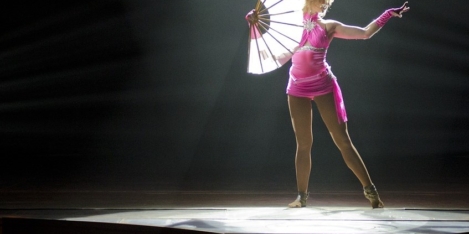




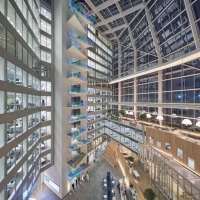


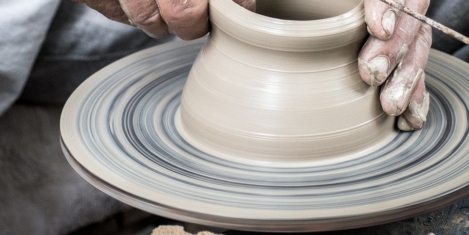

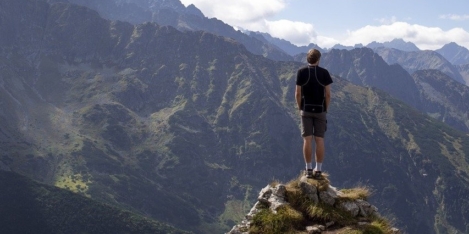

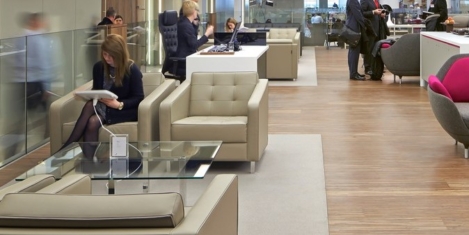
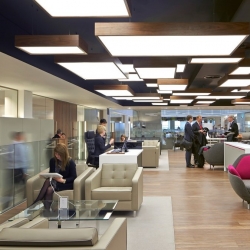




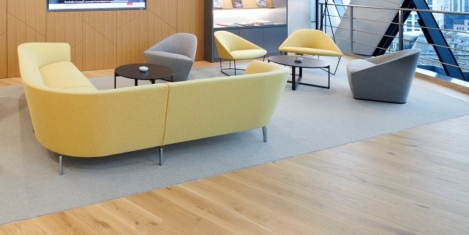
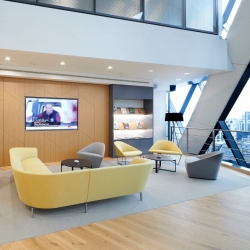









November 20, 2020
HR professionals must seek a new connection with the IT team
by Joseph Morley • Comment, Technology